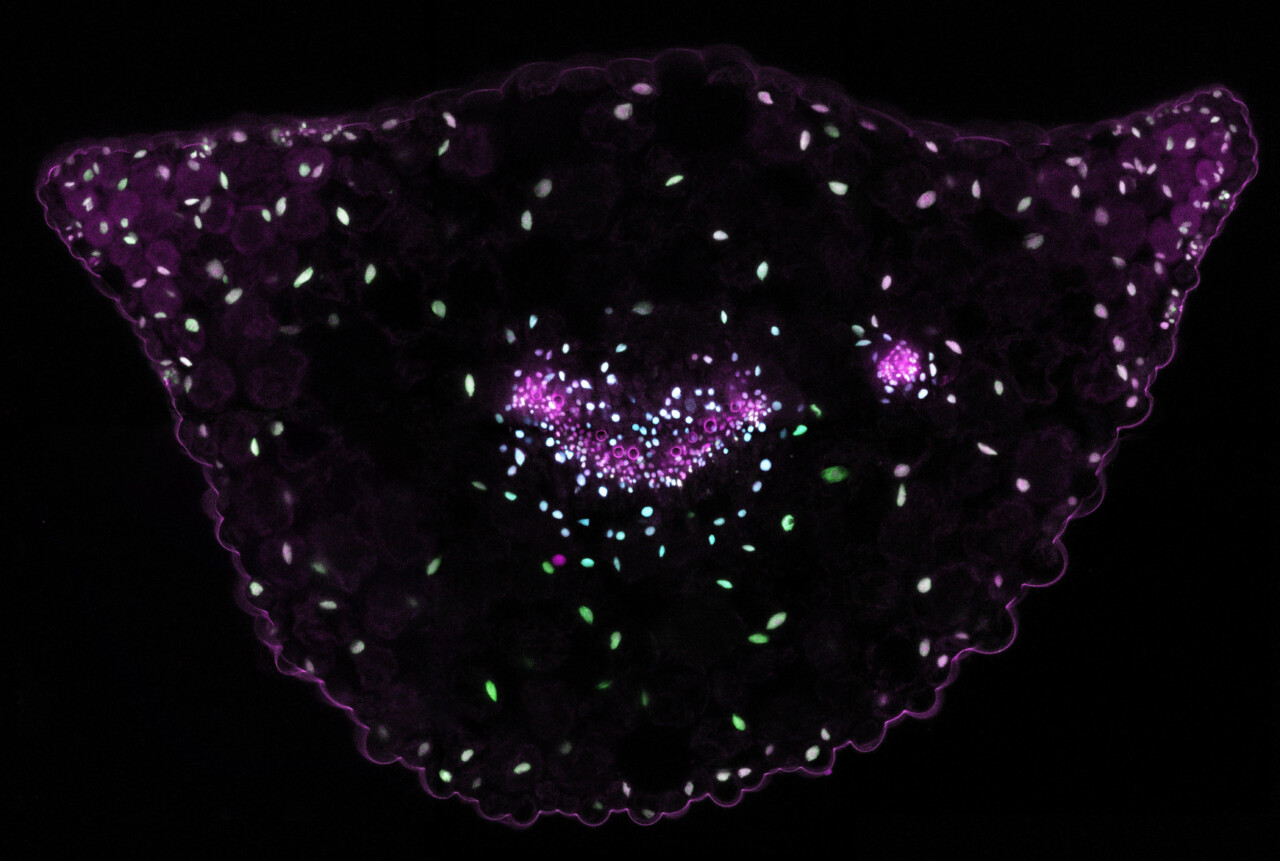BioSB-Integrated Modeling and Optimization
Course date
14-18 December 2020, online course
Course coordinator
Natal van Riel, Eindhoven University of Technology
Registration fee
- PhD/MSc student: 300 euro (excl. VAT)
- Academic researcher (PI/Postdoc): 500 euro (excl. VAT)
- Industry: 800 euros (excl.VAT)
More information: Website
Course description
Living organisms are characterized by an amazing degree of hierarchical complexity. Although our ability to collect measurements at different spatial levels and time-scales has grown dramatically, it has become clear that only measurements cannot provide the answer to unravelling biological complexity. This is because the dynamical behavior of complex systems cannot be reduced to the linear sum of the functions of their parts. Hence, computational modelling is an absolute requisite to gain understanding of the mechanisms underlying patterns observed in experimental data, in particular when studying dynamic phenomena. Mathematical models allow in a relatively cheap way to generate and test hypotheses about these mechanisms. However, given the huge complexity and peculiar features of biological systems, it is necessary to carefully understand the specific modelling requirements they pose, in order to define what a good model should look like. In this way one could say that modelling is a craftsmanship, that can only be learned via intense exercising and ‘learning by doing’. In this course we offer the participants the possibility to learn and exercise the modeling process.

In validating models one always meet with the need to fit models to data. So, the parameters that are present in any realistic model have to be chosen based on comparison of model predictions with data. In this matching process optimization techniques are indispensable. That’s why a considerable part of this course is spent on getting you acquainted with the optimization techniques that are nowadays available and widely used. Numerical optimization also is the basis for so-called flux balance analysis (FBA), commonly used to study large metabolic networks. This type of models and their analysis and simulation is also introduced in the course.
The course is a mixture of theory sessions and computer practicals. The course is completed with an assignment to be finalized afterwards, for those who want to acquire 3 ECTS.
You can register and pay for the course via this registration form.
Monday, December 14, 2020 through December 18
More information see website
,



